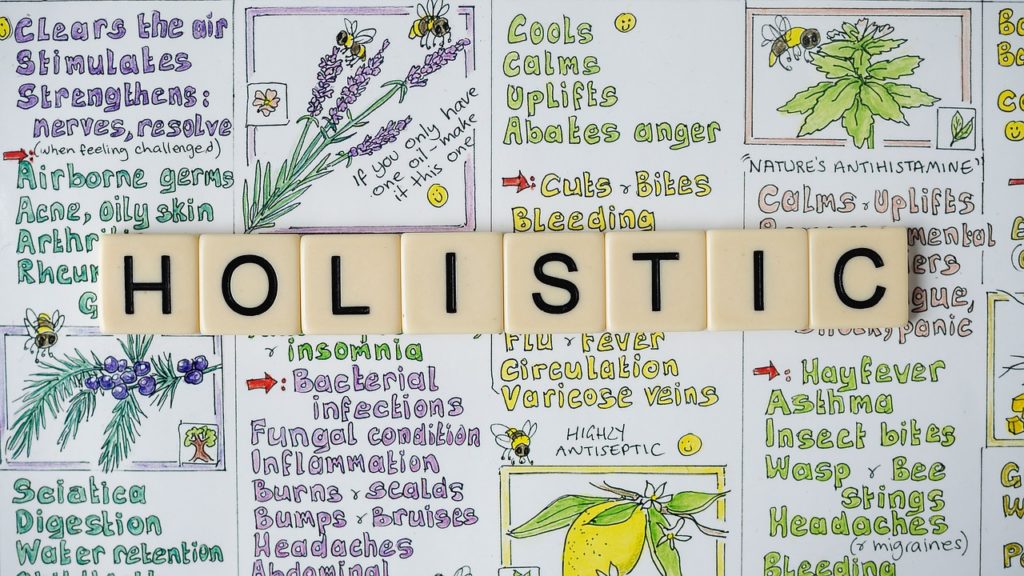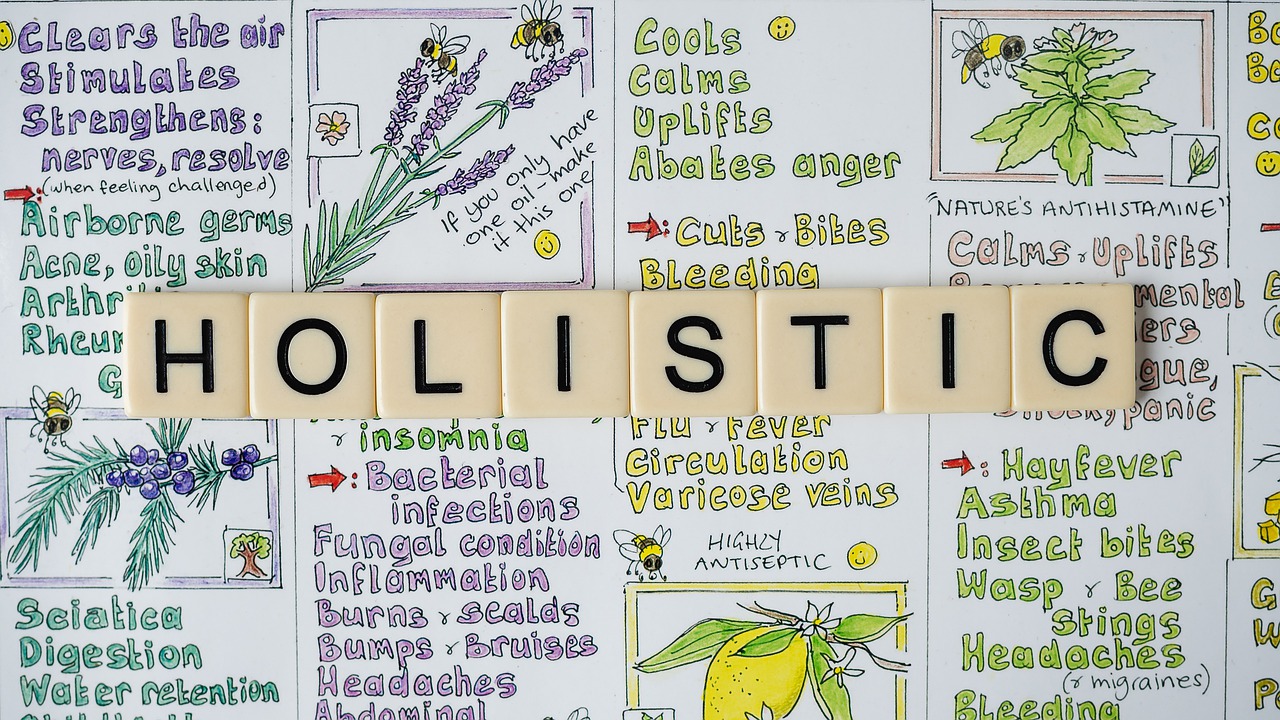The Difference Between Holistic and Conventional Medicine

When you hear the term “holistic medicine”, what comes to mind? Perhaps it’s an alternative treatment for common illnesses like colds and flu. But holistic medicine goes way beyond the realm of conventional medicine. Holistic medicine includes natural medicines, dietary supplements and stress management techniques that can be very beneficial in treating a number of medical conditions including allergies, chronic pain and depression. While the field of medicine has included its share of traditional approaches, holistic medicine like an acupuncture, osteopathy, or reiki has recently gained in popularity as a natural and easy alternative to prescription medication. Let’s look at how holistic medicine differs from traditional medicine.
The biggest difference between traditional medicine and holistic medicine is that traditional medicine focuses on eliminating only the symptoms of a disease, while holistic medicine looks at the whole picture and tries to treat the cause or triggers of the disease. This is why there are no “cures” in traditional medicine: instead, the disease is given a label (such as “acute disease of the prostate”) and is treated symptomatically until the symptoms go away. With holistic medicine, this is not the case. Traditional medicine treats the disease only after it has developed symptoms.
Another big difference between holistic medicine and conventional medicine is that the cause or triggers of the disease are not always known. This makes it difficult to treat. Traditional medicine, by comparison, often works to prevent a recurrence of the disease. There are many different steps a doctor will take to try to prevent recurrences. Holistic medicine, by contrast, has much more flexible treatment options and can target the underlying cause of the disease or condition at the source, thus ensuring that it is more effective and rarely fails to provide results.

One of the major differences between holistic medicine and conventional medicine is that it looks at the whole person. In conventional medicine, the doctor looks at the physical illness and only treats the symptoms. Holistic medicine, by contrast, looks at the whole person, including the mental, emotional and spiritual state that is at the root of the illness. When the cause is understood, the cause-specific remedies can be tailored more toward the patient’s needs.
Even though holistic medicine has some similarities with conventional medicine, it also has some differences as well. For example, in a traditional medicine approach, a patient is diagnosed with a specific disease. With holistic medicine, the diagnoses are more wide-ranging. Treatments are also more flexible, with less precise labels such as “cardiovascular disease” and “cancer.”
A very common example of this is cancer. In traditional medicine, a cure for cancer is sought after. However, with holistic medicine, if the cancer is found to have no visible symptoms, then the patient may not even be considered to be suffering from the disease. If the cancer is caught at an early stage, treatments are more aggressive. Also, because holistic medicine does not look at causes of disease, it has been called “anti-social” by some patients. It is not clear how much this fact deters patients, but it may make it difficult for the holistic medicine practitioner to get the disease under control.
